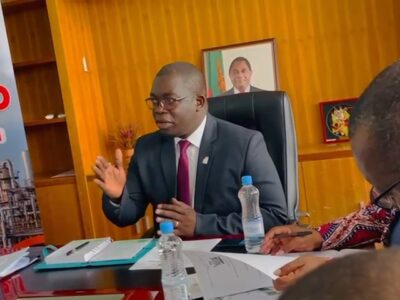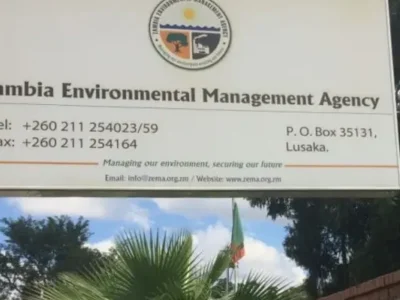A report by the International Monetary Fund (IMF) has highlighted increased corruption vulnerabilities in Zambia’s commercial banks and specialised financial institutions with Government ownership.
According to the IMF, increased corruption vulnerabilities were present for commercial banks in Zambia and specialised financial institutions with Government ownership.
It therefore stated the need to urgently develop and reinforce supervisory processes for banks and other financial institutions with Government ownership.
The fund indicated that this should be done to address specific risks and challenges associated with these special entities.
It stated in the Technical Assistance Report — Governance and Anti-Corruption Assessment for Zambia released recently in Lusaka, that this would strengthen financial sector oversight.
“While there is a good progress in aligning legal and regulatory framework with international standards, there are remaining constraints in performing the oversight function effectively.
“The governance weaknesses related to supervisor’s operational independence, accountability, transparency, decision-making, enforcement of prudential requirements as well as insufficient human resources limit oversight function and increase opportunities for corruption,” the fund stated.
Read more: $1.3bn IMF Deal: Zambia’s Performance to be Gauged in 2023
The fund emphasised that the weaknesses in governance-related prudential framework could not ensure adequate safeguard for the integrity of the banking sector in Zambia.
It also stated that the Bank of Zambia (BoZ) faced governance weaknesses, derived primarily from the Bank of Zambia Act (BoZ Act).
Subsequent to the Governance Diagnostic Assessment mission, it indicated, the BoZ Act was amended and important legal reforms were enacted in August 2022.
“The amended BoZ Act is substantially in line with IMF recommendations and significantly strengthens the Bank of Zambia’s autonomy and governance arrangements,” the fund stated.
The report identifies on near-term reform steps and structural policy measures that require more time and resources but are necessary for sustainable change.
It is acknowledged that addressing effectively all governance weaknesses identified through the Governance Diagnostic Assessment (GDA) would require careful sequencing, continued strong political will, significant resources and prolonged efforts, including with support from Zambia’s international partners.
“To facilitate the reform planning process, the mission identified priority recommendations, which focus on the first round of reforms in the key state functions.
“The priority recommendations are expected to serve as the catalyst in a transition to stronger governance and more effective, sustainable anti-corruption reforms,” according to the report.












Comments